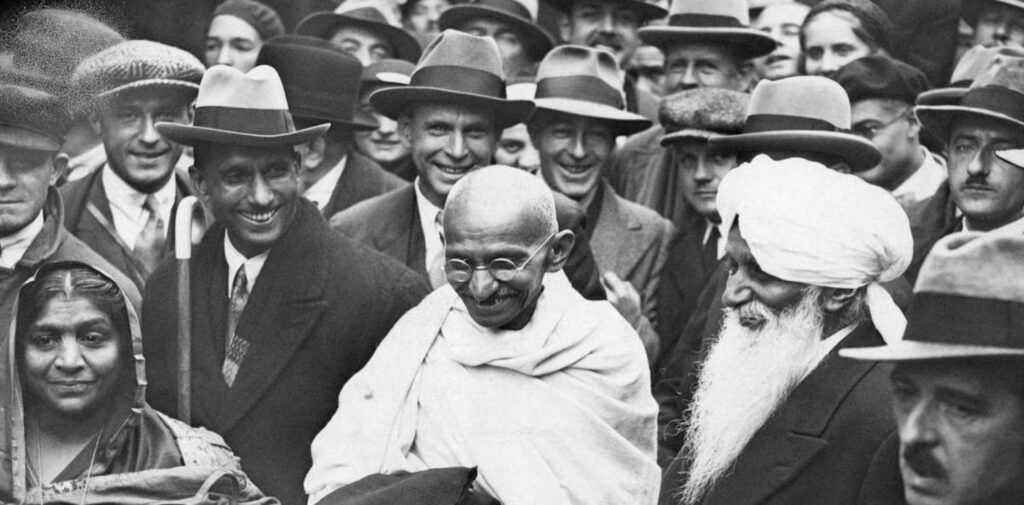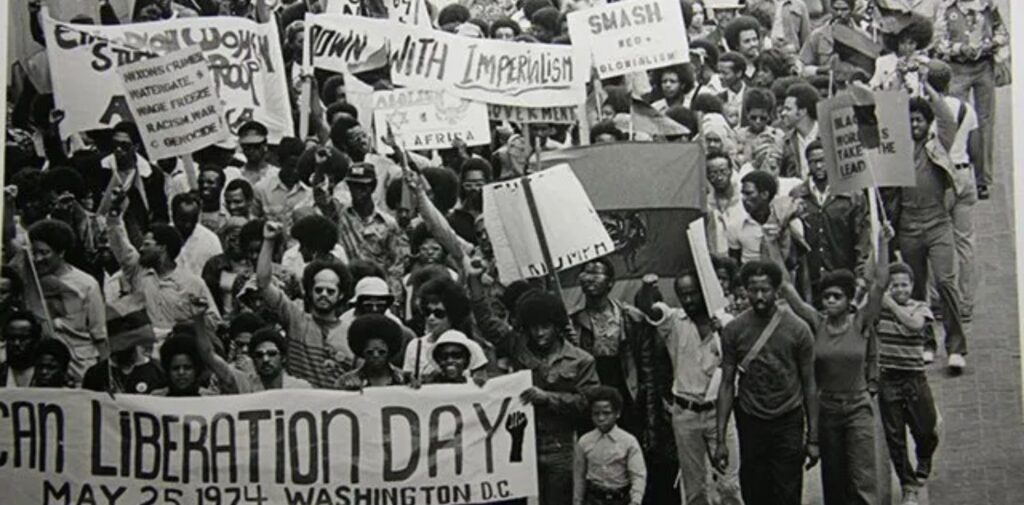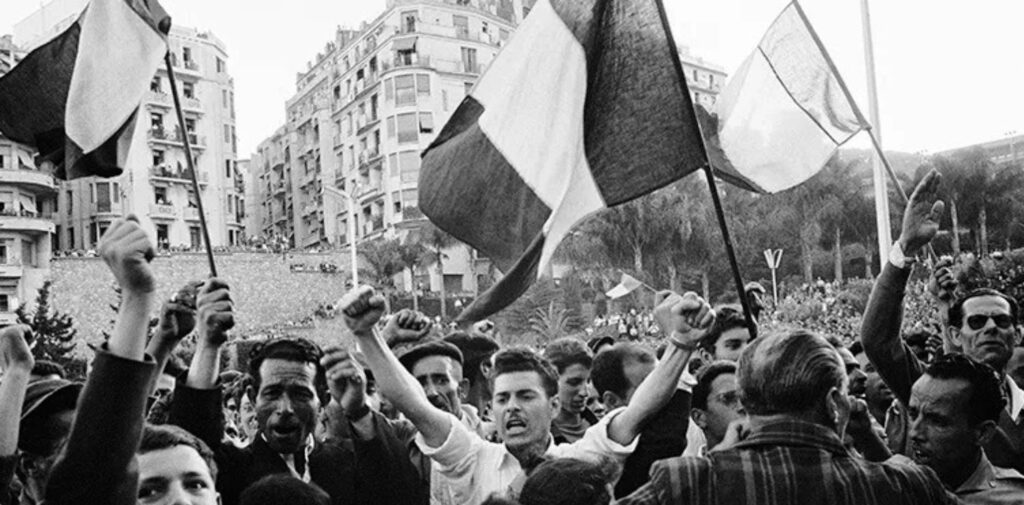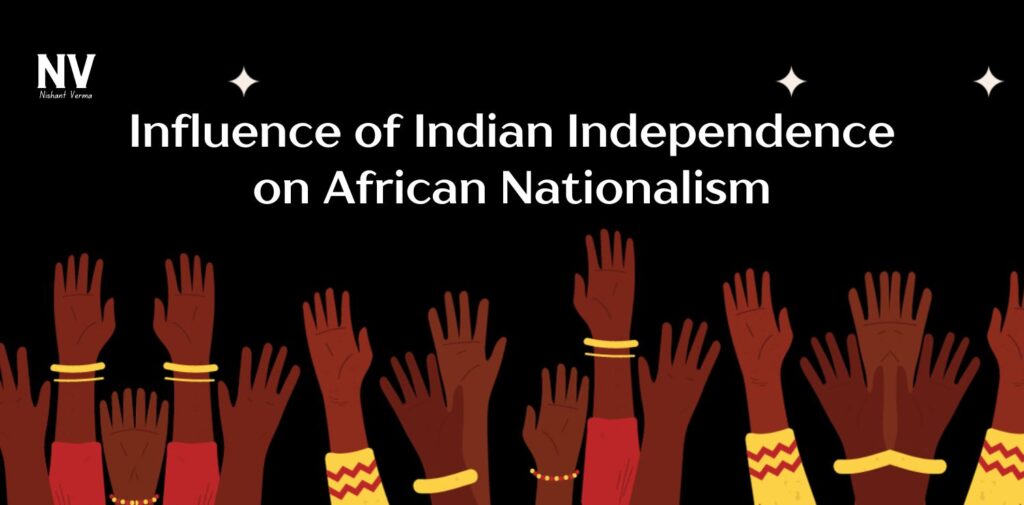India’s struggle for independence from British rule was a monumental event in world history, not just for the people of India but for the entire colonized world. The triumph of India in 1947 inspired many other nations under colonial rule to fight for their own freedom. Among the most inspired were African countries that were also under colonial domination, particularly those in Africa that were controlled by European powers like Britain, France, and Belgium. India’s successful independence movement provided hope, motivation, and a blueprint for many African nationalist leaders.
This article explores the Influence of Indian Independence on African Nationalism and how they shape the decolonization movements across the African continent.
The Impact of India’s Independence
India’s long and hard-fought struggle for freedom had a profound effect on many African countries that were grappling with colonial rule. The struggle against British imperialism in India served as a source of inspiration for Africans who sought to free themselves from the yoke of colonialism. The Indian independence movement demonstrated that it was possible for colonized nations to achieve self-rule through a combination of peaceful resistance, unity, and political organization.
1. Inspiration for African Leaders
Indian leaders, especially Mahatma Gandhi and Jawaharlal Nehru, became icons for African nationalists. Gandhi’s philosophy of non-violence and civil disobedience (Satyagraha) was particularly influential. The peaceful methods he used in India, such as the Salt March and non-cooperation with the British government, showcased that colonial powers could be defeated without resorting to armed conflict. Many African leaders, including Kwame Nkrumah of Ghana and Nelson Mandela of South Africa, looked up to Gandhi’s approach and adopted similar tactics in their own struggles.
Gandhi’s concept of peaceful resistance against injustice resonated deeply with African leaders who had faced racial discrimination, economic exploitation, and violence under colonial rule. African leaders saw in India’s struggle a clear message that the colonizers’ authority could be undermined through organized, non-violent resistance.
2. The Rise of Nationalist Movements in Africa
India’s independence encouraged the formation of nationalist movements in African countries. In the early years of the 20th century, African nations were largely under the control of European colonial powers, which imposed oppressive policies on the indigenous populations. As India gained independence in 1947, other colonies began to see that freedom was achievable, sparking a wave of nationalism across Africa.
The successful decolonization of India helped galvanize African movements calling for self-determination. Leaders in countries like Ghana, Kenya, Nigeria, and South Africa drew inspiration from India’s methods and principles. For example, Kwame Nkrumah, who led the independence movement in Ghana, studied India’s path to freedom and used similar strategies to demand Ghana’s independence from Britain in 1957. Nkrumah’s movement, the Convention People’s Party (CPP), was heavily influenced by India’s non-violent approach, although it also utilized strikes and protests to mobilize the masses.

Gandhi’s Influence on African Nationalism
Mahatma Gandhi’s philosophy had an especially significant impact on the African independence movements. Gandhi spent part of his early career in South Africa, where he fought for the rights of the Indian minority population. During his time in South Africa, he developed his ideas of Satyagraha (non-violent resistance), which he later implemented in India’s struggle for independence. This ideology would go on to inspire African leaders in their own battles against colonialism and apartheid.
1. South African Struggle
In South Africa, Gandhi’s influence was directly felt during the early phases of the anti-apartheid movement. Nelson Mandela, a leader of the African National Congress (ANC) and later the first black president of South Africa, cited Gandhi’s teachings as one of the inspirations for his own political activism. While Mandela’s tactics evolved over time to include armed resistance, his early efforts were greatly influenced by Gandhi’s philosophy of peaceful protest and civil disobedience.
Gandhi’s success in India demonstrated that even the most powerful colonial powers could be pressured into conceding to the demands of the oppressed through strategic non-violent resistance. This lesson was not lost on African leaders who began using similar tactics to demand political freedom and equality.
2. The Role of African National Congress
The African National Congress (ANC), a political party founded in South Africa in 1912, was initially focused on peaceful protests and petitions, much like India’s early nationalist movements. It was only later, in the 1940s, that the ANC adopted a more radical approach under leaders like Mandela. However, even as the ANC shifted to more aggressive strategies, the foundation of peaceful resistance was firmly rooted in the early ideas inspired by Gandhi’s philosophy.

Pan-Africanism and the Influence of Indian Independence
Pan-Africanism, the political and cultural ideology advocating for the unity and solidarity of African nations, was also significantly influenced by India’s fight for independence. Pan-Africanism had been gaining ground in the early 20th century, and India’s independence acted as a major catalyst for Pan-African leaders like Nkrumah to push for a united and independent Africa.
1. The Role of Kwame Nkrumah
Kwame Nkrumah, the first president of independent Ghana, was one of the most important Pan-African leaders who admired India’s independence movement. Nkrumah studied the Indian model of non-violent resistance and used similar methods to challenge British colonial rule in Ghana. Ghana became the first African nation to gain independence in 1957, and Nkrumah’s success was seen as a direct result of the inspiration drawn from India.
Nkrumah also understood the importance of international solidarity in the struggle for independence. He advocated for African nations to support each other’s liberation efforts, much like India had worked with other Asian countries to resist colonialism. Nkrumah’s Pan-African vision was partly shaped by his admiration for India’s role in global decolonization efforts.
Indian Independence and the Decolonization of Africa
India’s independence did not only influence leaders in Africa on an ideological level; it also had a concrete impact on the pace of decolonization across the African continent. The British Empire, which had been weakened by India’s successful independence struggle, was forced to shift its focus and begin addressing calls for independence in its African colonies.
1. The End of British Colonialism
The success of India’s independence movement was a blow to the legitimacy of British rule across its colonies. Following India’s independence, Britain faced increasing pressure from international organizations like the United Nations and the rising tide of nationalist sentiment in its African colonies. The British realized that maintaining control over vast territories was becoming increasingly difficult.
In response, Britain began the process of decolonization, granting independence to African nations such as Ghana in 1957, Nigeria in 1960, and Kenya in 1963. While India’s independence was not the sole cause of this decolonization, it certainly played an important role in demonstrating to colonial powers that holding onto their overseas empires was no longer tenable.

2. The United Nations and Global Solidarity
India’s independence also strengthened the global push for decolonization. India’s leaders, particularly Jawaharlal Nehru, became vocal advocates for the rights of colonized nations in the United Nations (UN). India played a key role in establishing the Non-Aligned Movement, which sought to unite newly independent nations and resist both Western and Eastern bloc imperialism.
In this context, African nations found an ally in India, which supported their independence struggles at international forums. The African independence movements gained greater visibility and legitimacy on the world stage, and the moral support from India helped fuel their resolve to continue their struggles against colonial powers.
Conclusion
India’s independence in 1947 had a profound influence on African nationalism. The successful struggle against British colonialism in India provided both a source of inspiration and a practical model for African nations seeking to overthrow colonial rule. The philosophy of non-violence, the spirit of resistance, and the vision of self-determination that emerged from India’s freedom struggle reverberated across the African continent, particularly in leaders like Kwame Nkrumah, Nelson Mandela, and others.
India’s independence marked the beginning of a new era for colonized nations, showing them that freedom was achievable. As a result, Africa saw a wave of independence movements in the years following India’s liberation, leading to the eventual decolonization of the continent. The bond between India’s struggle for independence and African nationalism remains a testament to the power of collective resistance in the fight against imperialism.




